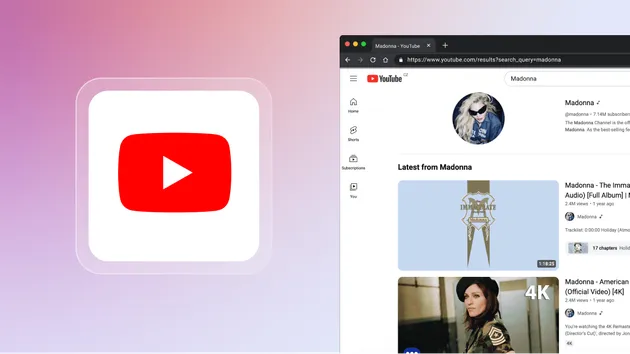Youtube Multilanguage Transcript Extractor
Pricing
$6.00 / 1,000 results
Youtube Multilanguage Transcript Extractor
Youtube Multilanguage Transcript Extractor fetches structured metadata and rich subtitles / transcripts for any public YouTube video, even when the video is geo-restricted or the captions require on-the-fly machine translation. It is designed for large-scale.
0.0 (0)
Pricing
$6.00 / 1,000 results
0
Total users
6
Monthly users
6
Runs succeeded
>99%
Last modified
11 days ago
You can access the Youtube Multilanguage Transcript Extractor programmatically from your own applications by using the Apify API. You can also choose the language preference from below. To use the Apify API, you’ll need an Apify account and your API token, found in Integrations settings in Apify Console.
{ "mcpServers": { "apify": { "command": "npx", "args": [ "mcp-remote", "https://mcp.apify.com/sse?actors=new_noob/youtube-multilanguage-transcript-extractor", "--header", "Authorization: Bearer <YOUR_API_TOKEN>" ] } }}Configure MCP server with Youtube Multilanguage Transcript Extractor
You have a few options for interacting with the MCP server:
Use
mcp.apify.comviamcp-remotefrom your local machine to connect and authenticate using OAuth or an API token (as shown in the JSON configuration above).Set up the connection directly in your MCP client UI by providing the URL
https://mcp.apify.com/sse?actors=new_noob/youtube-multilanguage-transcript-extractoralong with an API token (or use OAuth).Connect to
mcp.apify.comvia Server-Sent Events (SSE), as shown below:
{ "mcpServers": { "apify": { "type": "sse", "url": "https://mcp.apify.com/sse?actors=new_noob/youtube-multilanguage-transcript-extractor", "headers": { "Authorization": "Bearer <YOUR_API_TOKEN>" } } }}You can connect to the Apify MCP Server using clients like Tester MCP Client, or any other MCP client of your choice.
If you want to learn more about our Apify MCP implementation, check out our MCP documentation. To learn more about the Model Context Protocol in general, refer to the official MCP documentation or read our blog post.

